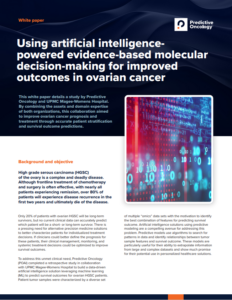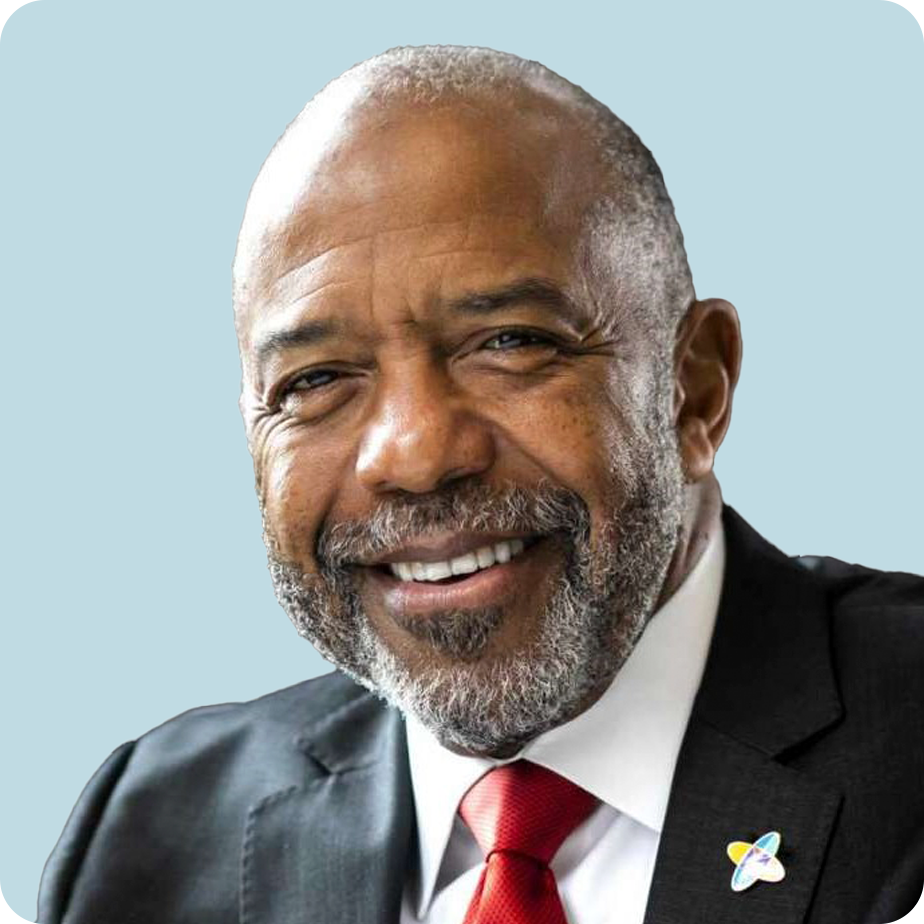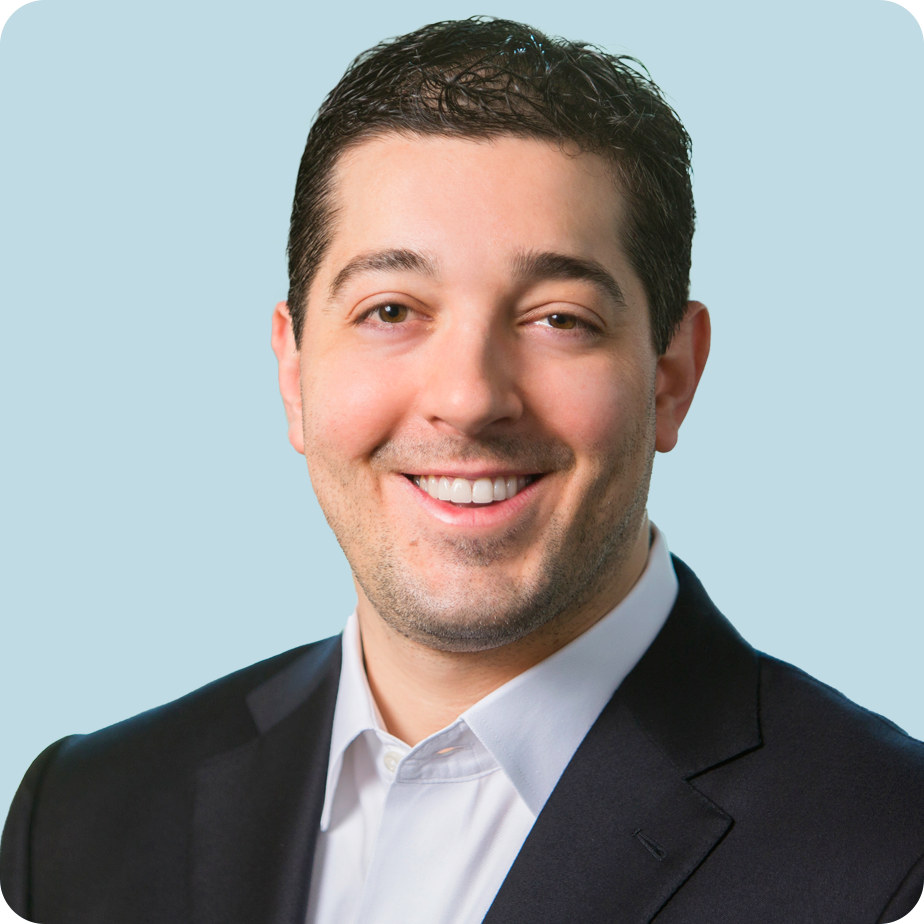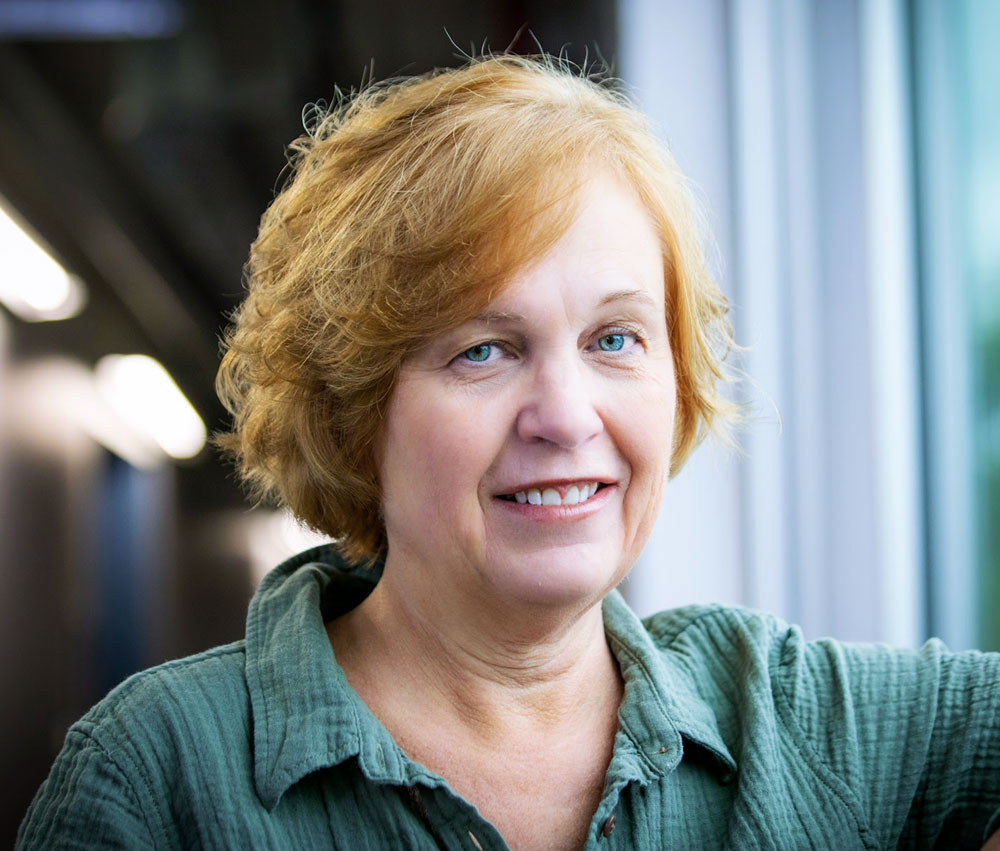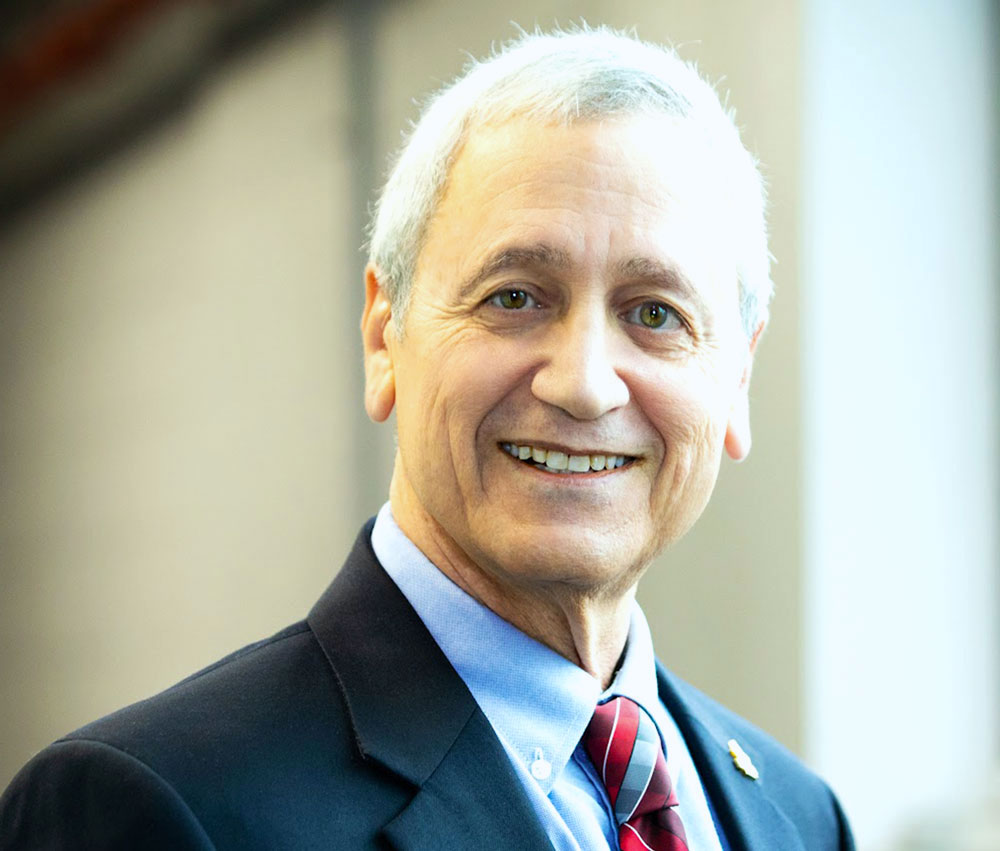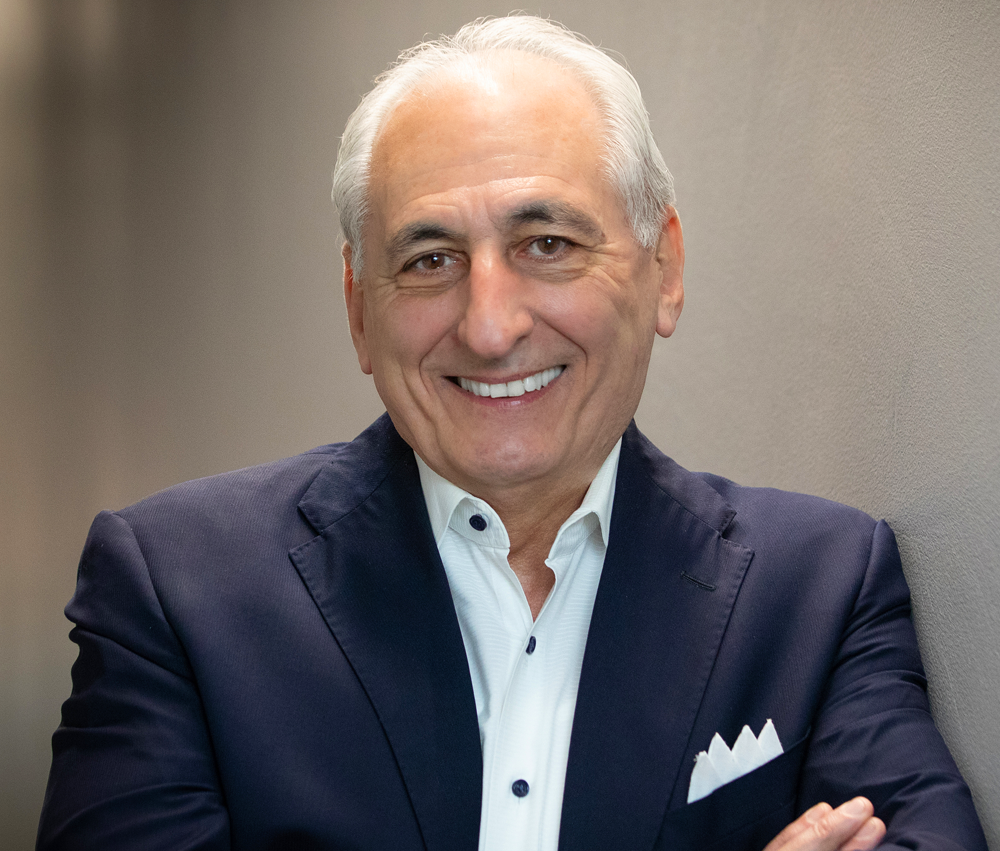We know that testing oncology drug candidates in tumor samples is time- and cost-prohibitive. But what if you could bring the rich heterogeneity of actual human tumor samples into drug discovery before clinical trials? The PEDAL platform enables that—so drug developers can increase their odds of ultimate success. In the video below, Pamela Bush, Ph.D. and SVP at Predictive Oncology goes into more detail.
About PeDAL
As a proprietary platform, PEDAL combines a powerful set of features unlike any other: the largest privately held biobank of oncology tumor samples, AI technology and historical drug response data—complete with an on-site wet lab for streamlined drug/tumor prediction evaluation.
While there are many AI partners that purport to help speed and optimize the drug discovery process, PEDAL offers something never before used in this industry: A biobank of over 150,000 real tumor samples from 137 cancer types. This allows for a unique and streamlined approach in which AI-driven predictions are tested against samples from this expansive and diverse biobank to more efficiently and effectively narrow down viable drug-tumor pairings. In other words, PEDAL brings the rich and complex human aspect into testing, earlier in the drug development process.
How does PEDAL work?
PEDAL works through an iterative and streamlined process that combines AI-driven predictions with wet-lab testing:
- PEDAL’s AI technology leverages historical drug-response data (and first-party data provided by the partnering drug development team) to make an initial set of predictions of drug-tumor pairings.
- The PEDAL team tests the highest confidence drug-tumor pairing predictions (including hits and misses) against actual tumor samples from our proprietary biobank in our on-site wet lab.
- The PEDAL team feeds the results of wet-lab testing back into PEDAL’s AI program. PeDAL leverages these results to make another round of predictions.
- This iterative process repeats until the prediction results stabilize from round to round.
Exciting results
A recent proof of concept study demonstrated that PEDAL could predict whether or not a drug compound would be a hit for a given tumor sample with 92% accuracy. Imagine how it could streamline your drug discovery efforts.
Interested in exploring a pilot program leveraging the PEDAL platform? Get started today.
